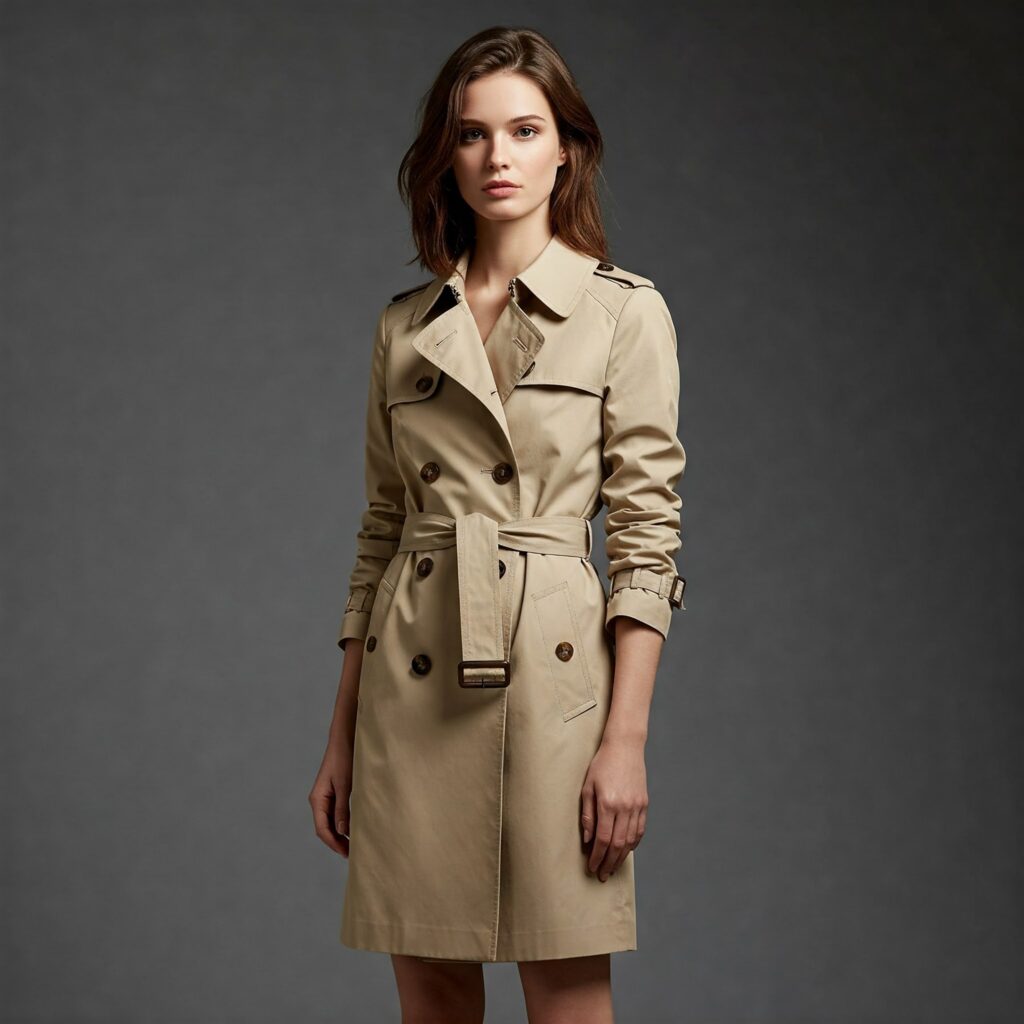In the world of luxury fashion, Gucci stands out for one thing: it dares to be different. Known for its bold aesthetics, eclectic designs, and fearless reinvention, Gucci continues to push the boundaries of what luxury means in the 21st century.

🧵 From Heritage to High Fashion
Founded in 1921 in Florence, Italy, Gucci began as a high-end leather goods brand catering to Europe’s elite travelers. Over the years, it became a household name, blending Italian craftsmanship with global ambition.
Under the creative direction of Tom Ford, Frida Giannini, and most notably Alessandro Michele, Gucci transformed from classic chic to vintage glam, earning a cult-like following.
🔮 Alessandro Michele’s Magical Reinvention
In 2015, Michele turned Gucci into a cultural phenomenon by fusing:
-
Gender-fluid styles
-
Retro silhouettes
-
Maximalist layering
-
And references to art, mythology, and rebellion
It was no longer just fashion—it became a movement. Gucci suddenly resonated with Gen Z, celebrities, and cultural outsiders, becoming a symbol of individuality and creative expression.
“The way you dress is how you live.” – Alessandro Michele
🧬 Gucci Today: Vintage, Viral, and Visionary
Whether it’s the GG Marmont bag, the horsebit loafers, or the latest collab with Adidas or Balenciaga, Gucci remains on-trend yet timeless.
Its success is not just in selling clothes—Gucci sells an attitude. A daring one.
🌿 Gucci & Sustainability
Not just loud fashion, Gucci is also investing in sustainable practices, eco-friendly materials, and transparency. From launching Gucci Equilibrium to becoming carbon neutral, the brand is redefining what modern luxury stands for.
